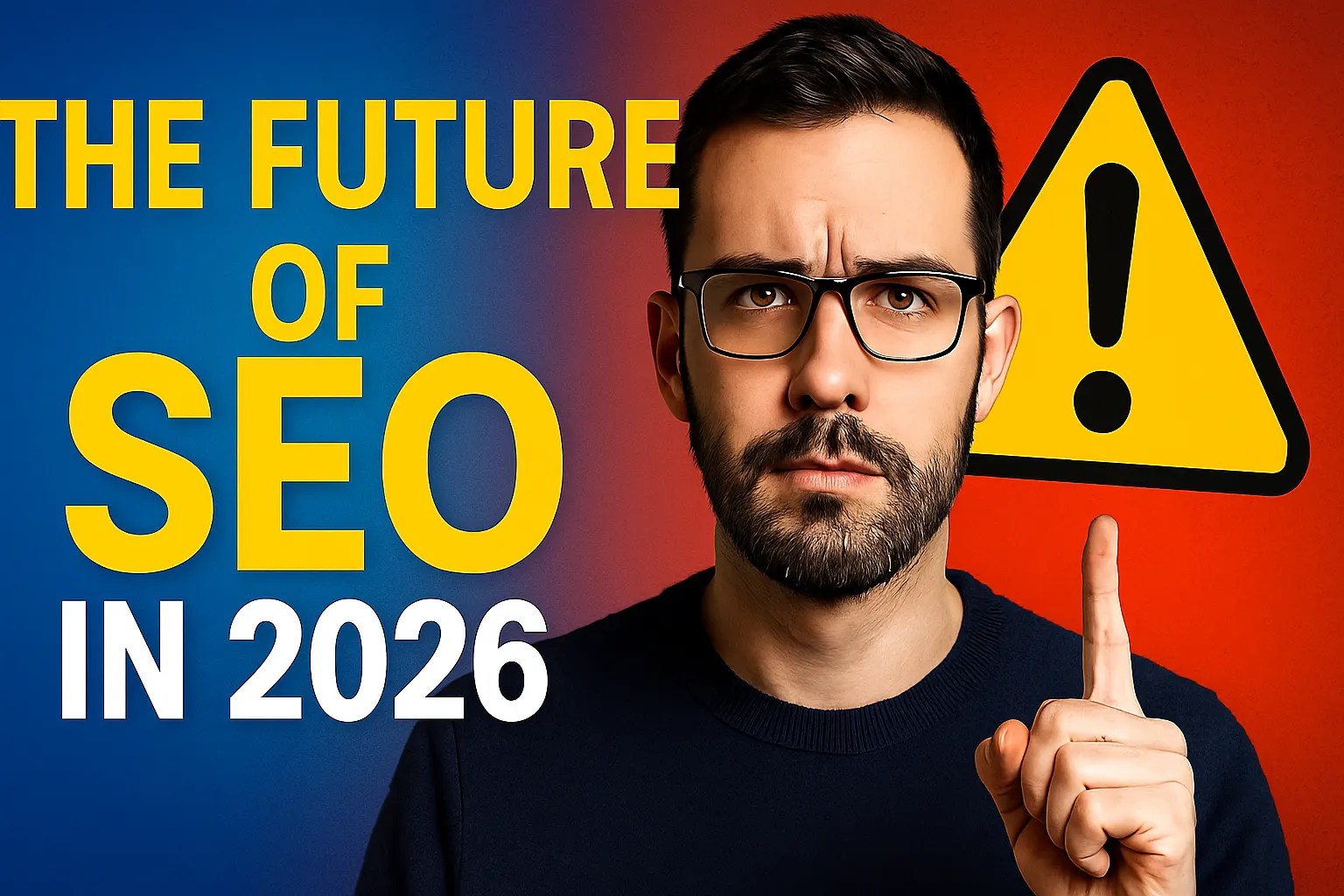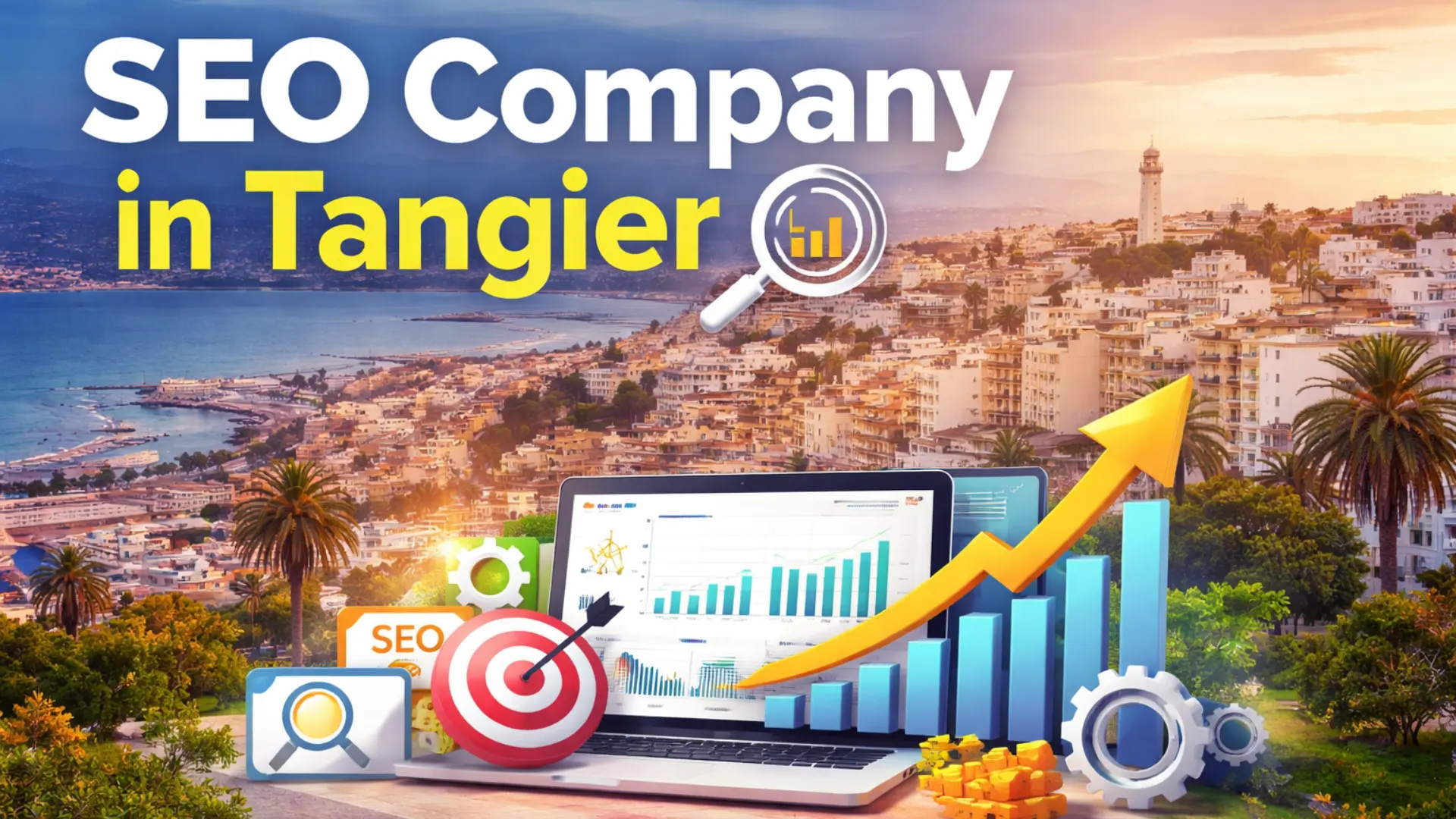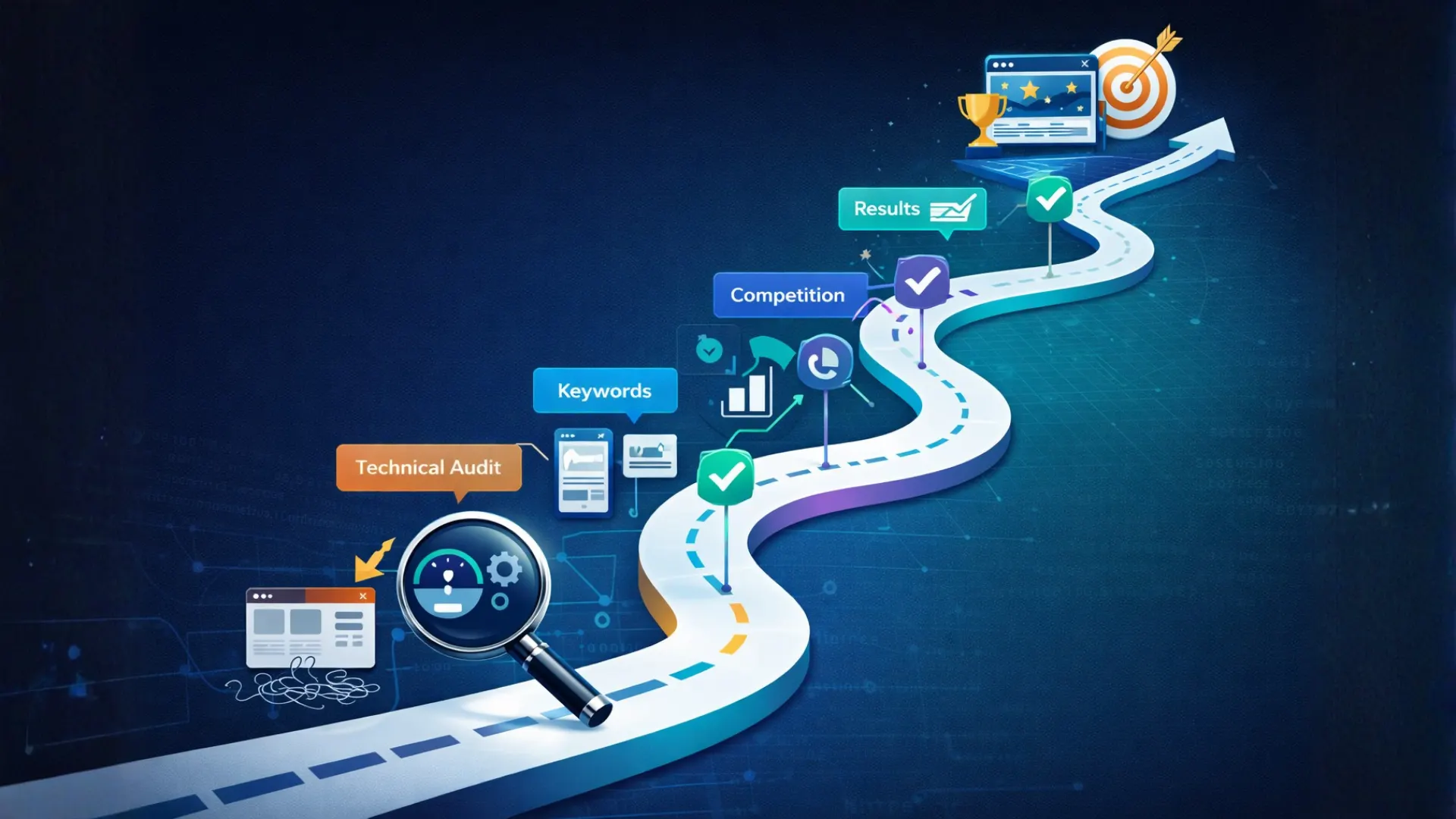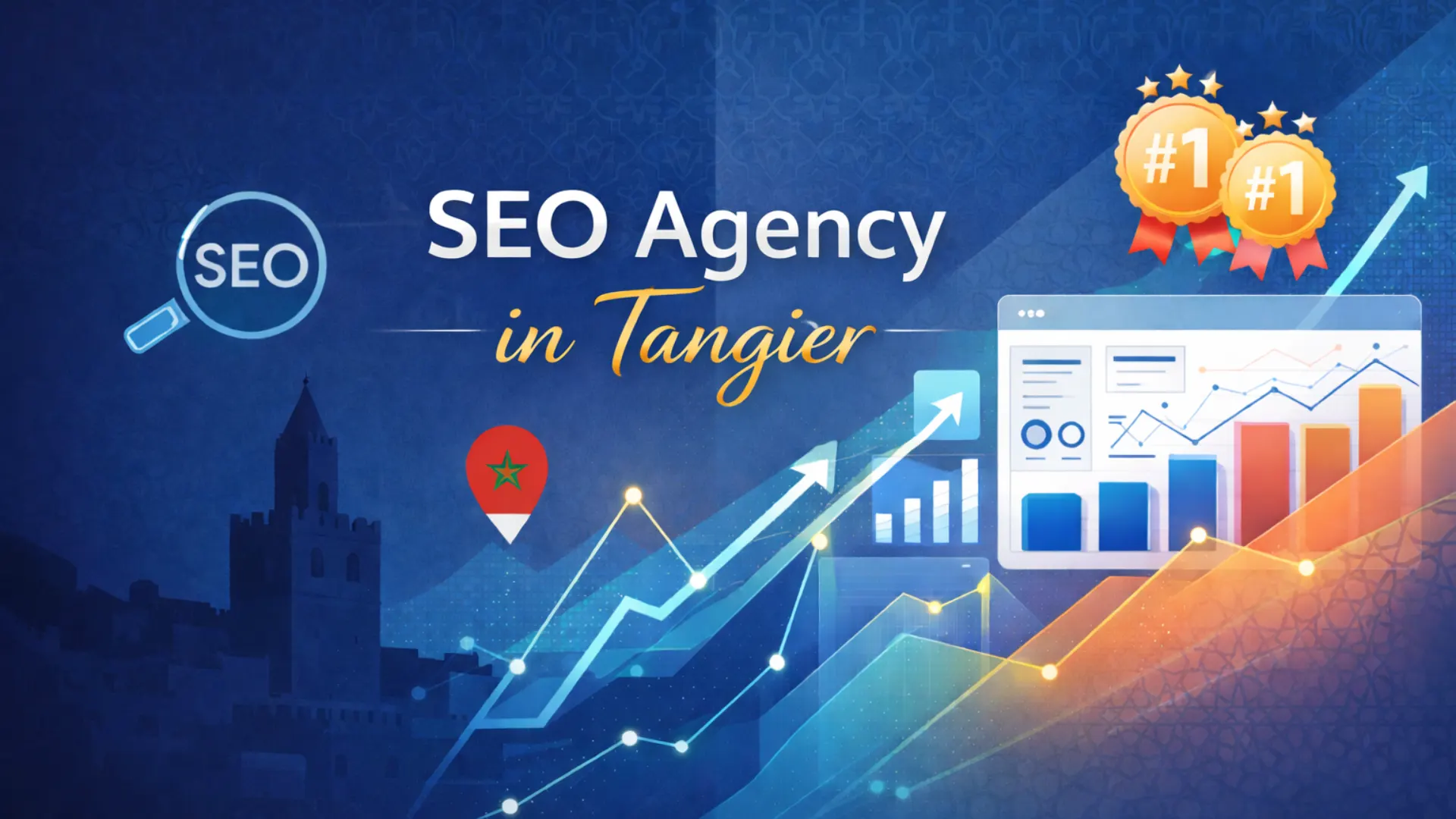The SEO industry stands at a decisive moment. Search Engine Journal’s “State of SEO 2026” report, based on responses from 371 SEO professionals across 52 countries, reveals an industry in profound transition but not in crisis. The data shows a mature sector strategically navigating the most fundamental change since search engines were created: optimizing for AI intermediaries.
The Content Paradox: High Impact, High Anxiety
The results reveal a fascinating tension at the heart of modern SEO. While 66.3% of professionals identify original content creation as their most impactful activity, an overwhelming 77.9% fear that AI-generated answers will reduce website clicks.
This paradox defines the current moment: professionals know what works today but are deeply concerned about the future relevance of these strategies. The industry’s response is strategically sophisticated—a significant 49.6% plan to invest in E-E-A-T (Experience, Expertise, Authoritativeness, Trustworthiness) reinforcement, suggesting nearly half the industry recognizes this as the strategic response to AI disruption.
AI Is No Longer the Future: It’s the Present
One of the most striking revelations from the study is that AI tools have achieved parity with fundamental technical SEO in perceived value. 42.3% found AI writing assistants most critical, exactly matching the percentage who value technical SEO enhancements.
This figure indicates the industry has moved past the question “should we use AI?” and evolved to “how do we use AI effectively?” as a standard part of SEO workflows. 42% of organizations already train their teams in AI integration—the highest structural priority identified in the study.
Three Emerging Strategies for 2026
The data reveals the industry is segmenting into three distinct strategic approaches:
Hybrid Strategists (58.5%): Represent the most popular approach, planning human-authored content with AI support. This majority seeks to balance efficiency with authenticity through strategic AI integration.
Authority Builders (49.6%): Will differentiate through irreplaceable human expertise, original research, and first-hand knowledge that AI cannot replicate.
AI-Heavy Adopters (22.4%): Will focus on scale and efficiency, potentially serving high-volume, lower-complexity content needs.
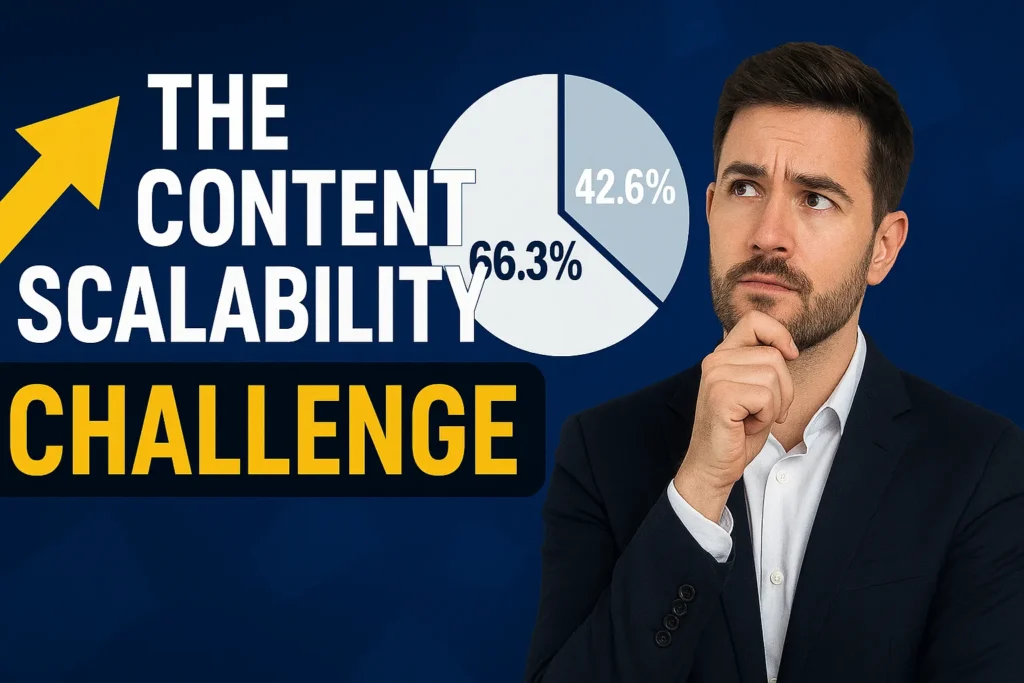
The Content Scalability Challenge
A critical gap emerges in the data: content creation is both the most impactful activity (66.3%) and the most difficult to scale (42.6%). Despite being the biggest scalability challenge, most teams resist full AI automation due to the desire to increase quality and E-E-A-T signals.
This resistance isn’t technophobia—it’s strategic sophistication. The industry seeks hybrid approaches that maintain quality while achieving scale.
The Cross-Functional Collaboration Opportunity
The data reveals a massive untapped opportunity: cross-functional collaboration shows the lowest current impact (9.4%) but the highest planned increases (37.7%). Organizations recognize untapped potential in breaking down silos despite low current success rates.
This gap suggests that future SEO success will increasingly depend on organizational alignment, not just technical expertise.
Measurement vs. Investment: A Strategic Misalignment
A concerning disconnect emerges between measurement priorities and investment plans. 60.4% prioritize qualified leads and sales conversions for measurement, but only 33.7% plan to invest in conversion-focused SEO.
This gap suggests teams are being judged on business outcomes they’re not yet strategically positioned to influence, creating a tension that will require resolution in 2026.
Industry Confidence: Stronger Than Expected
Despite fears about AI disruption, the data shows remarkable resilience. 56.6% report no reduction in SEO investment, and 65% expect no future reductions. This forward-looking confidence suggests business leaders understand that SEO’s value extends beyond traffic generation to brand building and customer education.
The Attribution Crisis
28.6% struggle with ROI measurement, creating critical business threats to budget security and strategic positioning within organizations. This measurement difficulty undermines SEO’s organizational credibility and represents both a current operational challenge and future strategic threat.
Is your company also struggling with SEO ROI measurement? Get an SEO audit now and discover exactly what’s working, what isn’t, and how to improve your results attribution.
Adapting to the Zero-Click Reality
The industry’s primary existential concern centers on AI-generated answers, with 77.9% fearing reduced website clicks. This massive consensus indicates an urgent need for traffic diversification and value capture strategies beyond traditional organic search.
45.6% worry about declining organic visibility due to Google’s commercial priorities and layout changes, suggesting increased competition for limited organic real estate. The shift toward zero-click search results and AI-first experiences threatens traditional traffic-based success metrics and business models.
Strategic Recommendations for Surviving 2026
Immediate Actions (Next 6 Months):
- Audit current content for AI differentiation, identifying assets that demonstrate unique expertise
- Implement hybrid AI workflows following the 58.5% majority model
- Expand cross-functional collaboration to address the 9.4% impact gap
Medium-Term Investments (6-18 Months):
- Develop E-E-A-T systems to bridge the gap between AI disruption concerns and investment plans
- Scale content creation through strategic AI integration that maintains quality
- Evolve measurement systems for the shift from traditional rankings to AI visibility metrics
Long-Term Strategy Evolution:
- Build content systems that serve both human users directly and AI systems that serve users indirectly
- Diversify traffic sources beyond Google organic search
- Create new methods for capturing value from content even when clicks decrease
The Training Priority Signal
42% of organizations trained teams to integrate AI into SEO workflows—the highest structural change. This indicates that professional development budgets are shifting toward AI competency as a core SEO skill, not an optional enhancement.
Conclusion: An Industry Positioned for Transformation
The report reveals an industry that understands the magnitude of change ahead while possessing the experience, resources, and strategic awareness to navigate it successfully. The 371 surveyed professionals are the architects of the SEO industry’s transformation.
The current moment represents a strategic inflection point. Successful organizations will be those that embrace the hybrid model, invest in cross-functional collaboration, focus on measurement evolution, and build for both audiences: human users directly and AI systems that serve users indirectly.
What emerges most clearly from the data is that despite 77.9% fearing AI-generated answers will reduce clicks, the industry demonstrates remarkable strategic sophistication in its response. The convergence on hybrid approaches, E-E-A-T investment, and technical excellence suggests a mature industry preparing for evolution rather than disruption.
The future favors those who harness AI thoughtfully while building irreplaceable human value. The SEO industry appears well-positioned to do exactly that.

